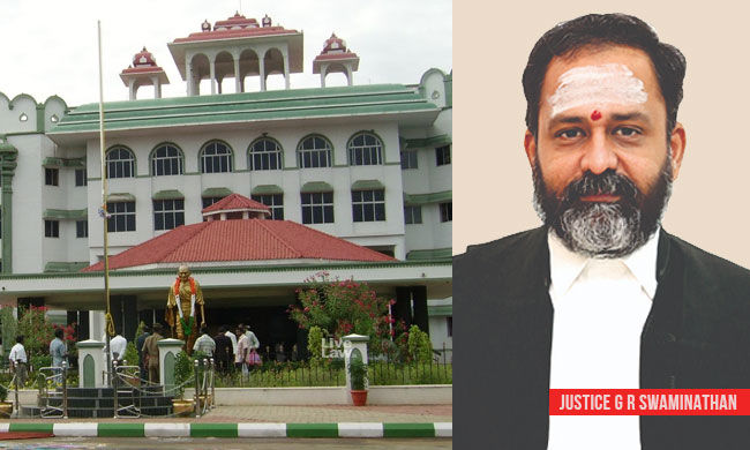Madras High Court Bats For Mental Health Screening Of Arrestees/ Accused For Remand
Sebin James
20 Nov 2021 1:00 PM IST

Next Story
20 Nov 2021 1:00 PM IST
The Madurai Bench of Madras High Court has recently underlined how police, prison authorities and remanding magistrates must deal with arrestees/ prisoners who are persons with mental illness (PMIs). The expression 'every person' in Article 21 comprises an arrestee/ remand prisoner as well, and Section 20 (1) of the Mental Healthcare Act confers on every PMI the right to live...
